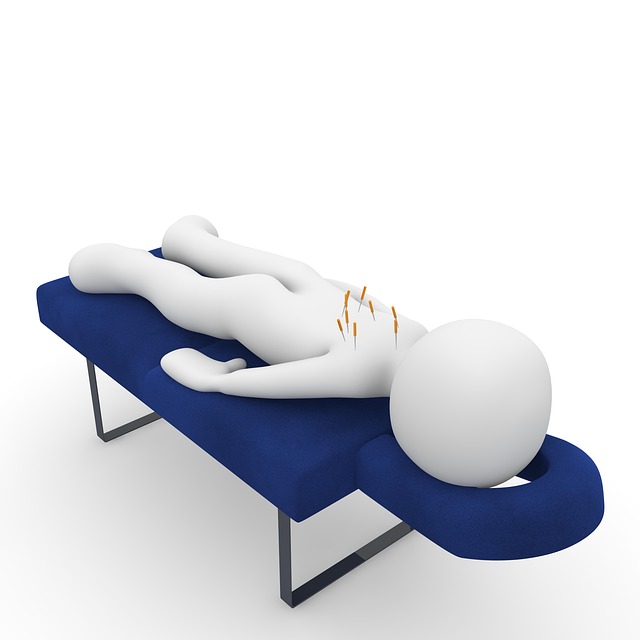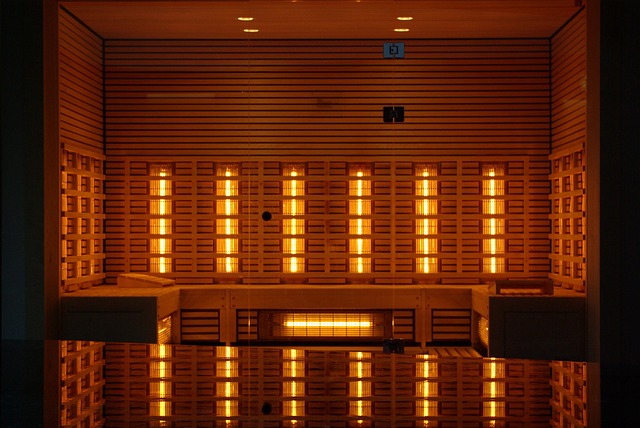Addiction among healthcare workers is a complex issue requiring specialized support due to high-pressure environments, stress, trauma, and mortality. Confidentiality in medical professional rehab centers plays a vital role in encouraging professionals to prioritize their well-being without compromising patient safety or careers. These programs offer tailored care, addressing physical and mental health concerns for long-term recovery while protecting medical licenses. A supportive network within the medical community, including specialized interventions and peer support, is crucial for successful addiction treatment among healthcare professionals, fostering renewed professional fulfillment and improved patient care.
“In the demanding landscape of healthcare, medical professionals and workers face unique challenges regarding addiction. This article delves into the specialized needs of this demographic, focusing on confidential addiction treatment as a vital pillar for recovery. We explore tailored rehab programs designed specifically for medical workers, emphasizing the significance of confidentiality in fostering trust. Additionally, we discuss building supportive networks within the medical community and empowering professionals with long-term recovery strategies, ultimately aiming to provide sustainable solutions for medical professional rehab.”
- Understanding the Unique Challenges of Addiction for Medical Professionals
- The Importance of Confidentiality in Healthcare Recovery
- Specialized Rehab Programs Tailored for Medical Workers
- Supportive Network Building within the Medical Community
- Empowering Medical Professionals with Long-Term Recovery Strategies
Understanding the Unique Challenges of Addiction for Medical Professionals

Addiction among medical professionals and healthcare workers is a complex issue that demands specialized understanding and support. These individuals often face unique challenges when it comes to seeking help for substance use disorders due to the high-pressure environments in which they work. The constant exposure to stress, trauma, and even mortality can contribute to an increased risk of addiction, yet many medical professionals struggle with the stigma associated with admitting their struggles.
Maintaining a medical license is paramount for healthcare workers battling addiction, as it ensures they can access specialized rehab programs tailored to their needs. Medical professional rehab facilities offer a safe space to address underlying issues without compromising patient safety or career prospects. With discreet and compassionate care, these rehab centers cater to the specific challenges of nurses and other healthcare workers, fostering a supportive environment for recovery and ensuring long-term wellness.
The Importance of Confidentiality in Healthcare Recovery

For healthcare professionals and medical workers struggling with addiction, seeking help is an essential step towards recovery and regaining control of their lives. However, entering rehab comes with unique challenges due to the sensitive nature of their professions. Confidentiality plays a pivotal role in this context, acting as a protective shield for both the individual’s privacy and their professional reputation. Medical professionals can feel more at ease sharing their struggles and seeking treatment without fear of exposure, knowing that their confidentiality is paramount.
This discretion encourages healthcare workers to prioritize their well-being, understanding that their recovery journey is separate from their medical license protection. It fosters an environment where they can openly discuss their addiction, access specialized nurse addiction treatment, and embark on a path to healing without the added burden of potential scrutiny. Confidentiality in medical professional rehab ensures that individuals receive holistic care, addressing both physical and mental health concerns, ultimately facilitating long-term healthcare worker recovery.
Specialized Rehab Programs Tailored for Medical Workers

Specialized rehab programs designed specifically for medical professionals offer a unique and crucial support system for those battling addiction within the healthcare industry. These tailored interventions recognize the specific challenges faced by healthcare workers, such as long working hours, high-stress environments, and the potential for substance misuse to impact patient care. As a result, many rehabilitation centers now provide specialized services that cater to the unique needs of nurses, doctors, and other medical professionals.
These programs typically include comprehensive therapy options, such as individual counseling, group support sessions, and peer-to-peer sharing, all while ensuring confidentiality. The focus is on not only addressing the addiction but also maintaining medical license protection and fostering a supportive environment for healthcare worker recovery. By tailoring these rehab services, professionals can access specialized care that understands the delicate balance between personal struggles and patient well-being.
Supportive Network Building within the Medical Community

Building a supportive network within the medical community is an essential aspect of confidential addiction treatment for healthcare professionals and medical workers. Colleagues, peers, and mentors can play a pivotal role in facilitating recovery. Many medical professionals struggle with addiction due to the high-stress nature of their jobs, and having a safe space to discuss these challenges without fear of judgment or repercussions is crucial. Support groups, peer counseling sessions, and mentorship programs specifically designed for healthcare workers offer such environments, fostering open communication and mutual understanding.
This network extends beyond immediate colleagues, encompassing professional associations, specialized rehab centers tailored for medical professionals (medical professional rehab), and even insurance providers that prioritize confidentiality. Protecting the medical license during this process is paramount; specialized rehab centers often work closely with licensing boards to ensure continuity of practice post-rehab. Nurses addiction treatment and healthcare worker recovery are not just phrases; they represent a holistic commitment to supporting these individuals through their journey towards sobriety and renewed professional fulfillment.
Empowering Medical Professionals with Long-Term Recovery Strategies

Many medical professionals and healthcare workers struggle with addiction due to the demanding and stressful nature of their careers. Empowering these individuals with effective long-term recovery strategies is essential for both their well-being and the quality of patient care. Confidential addiction treatment programs specifically designed for medical professionals offer a safe space to address underlying issues, develop coping mechanisms, and learn sustainable habits that support ongoing recovery.
These specialized rehab programs understand the unique challenges faced by healthcare workers, including concerns about job security, legal repercussions (like medical license protection), and maintaining patient trust. They provide tailored support, recognizing the importance of discretion and confidentiality for nurse addiction treatment or other forms of professional rehab. By investing in their own recovery, medical professionals can not only regain control of their lives but also inspire hope and resilience among their patients.
For medical professionals struggling with addiction, seeking specialized medical professional rehab is a crucial step towards recovery. By addressing the unique challenges they face and prioritizing confidential treatment, healthcare workers can access tailored programs that foster long-term sobriety. Building supportive networks within the medical community further strengthens their resilience, ensuring a comprehensive approach to healing that empowers them to continue serving patients with integrity and compassion.






